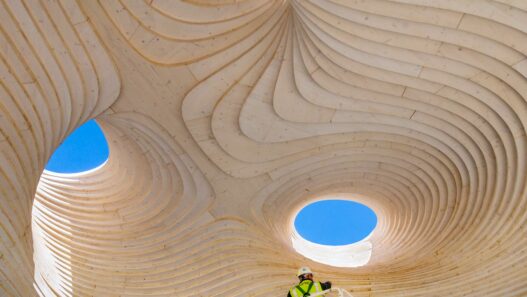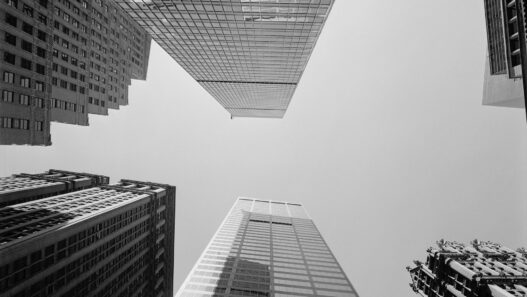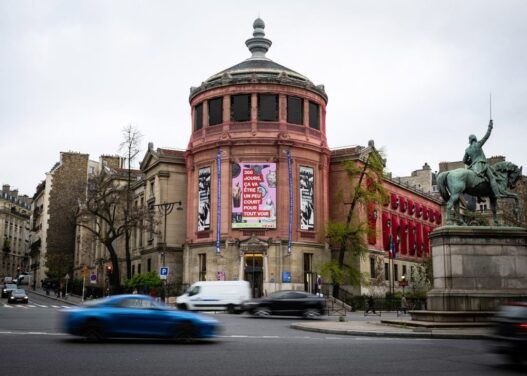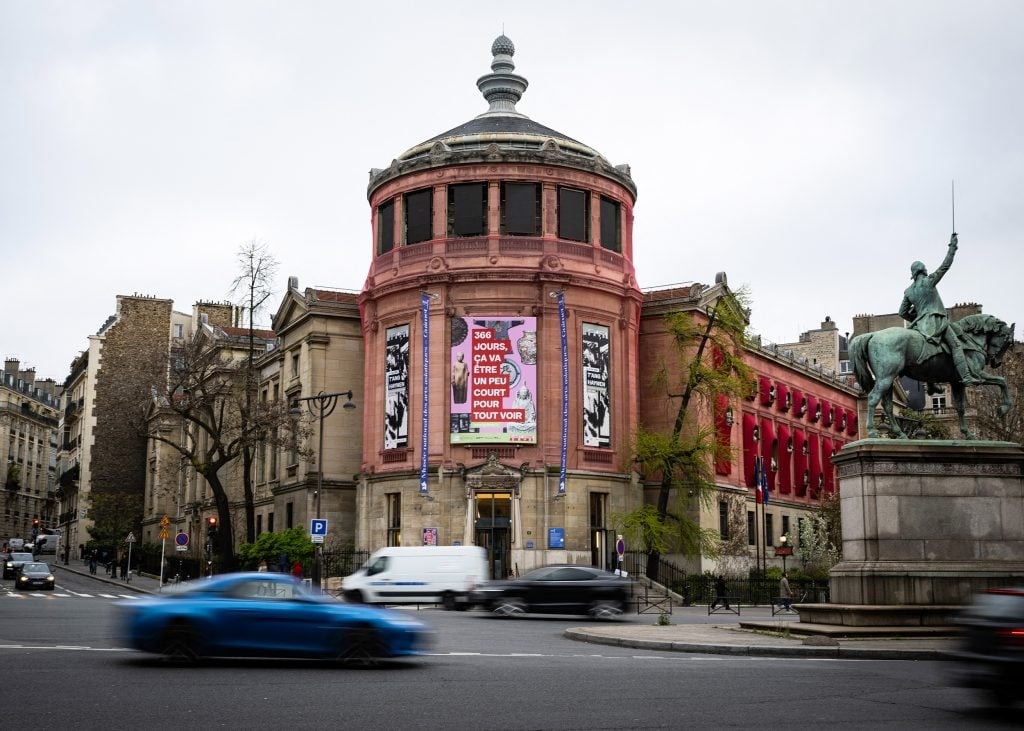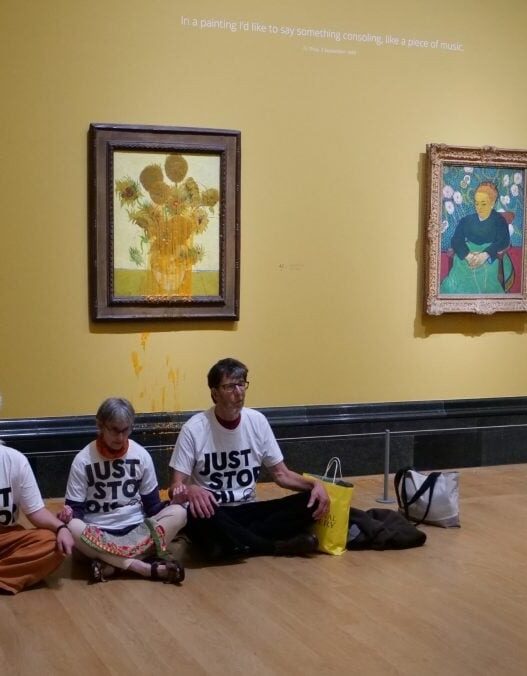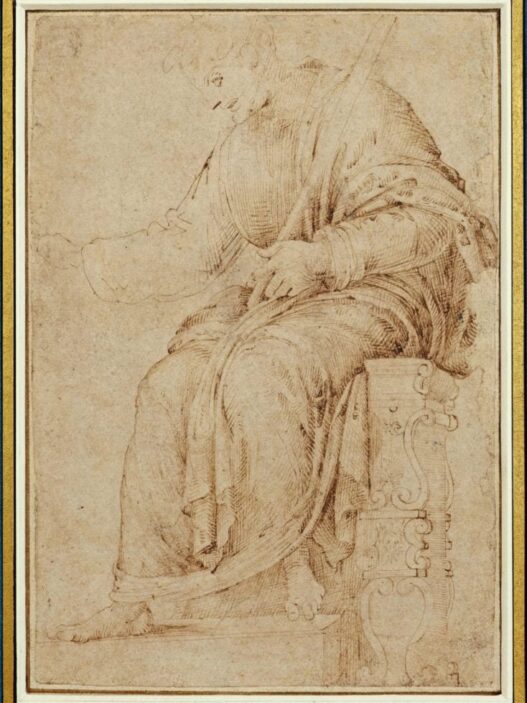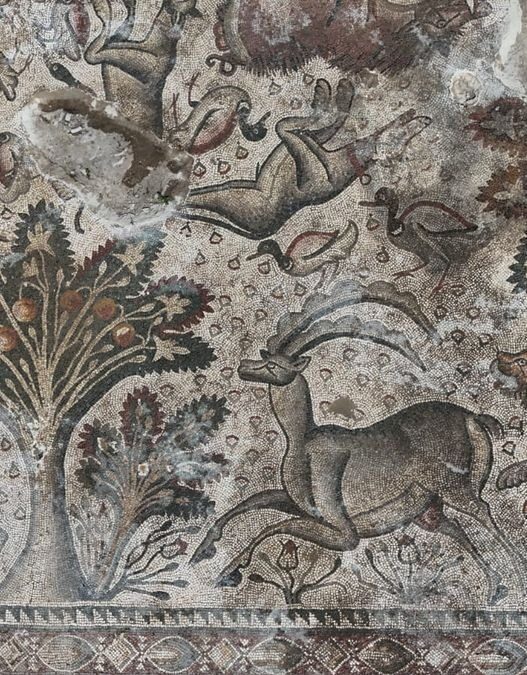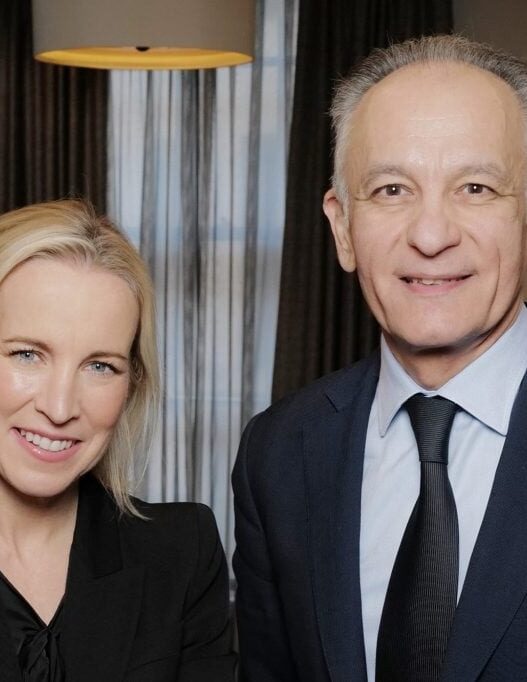A group of French researchers and Tibetologists has accused France’s cultural institutions, particularly the Musée du quai Branly and Musée Guimet, of aiding in the “sinicization” of non-Han cultures through the reclassification of Tibetan art. In an open letter published in Le Monde, the scholars argued that the museums’ labeling choices align with China’s historical narrative and its attempts to erase non-Han identities. This criticism follows a year of cultural collaboration between France and China, sparking a heated debate over the autonomy of museum programming and the ethics of representation in global exhibitions.
The letter highlights the reclassification of Tibetan objects at the Musée du quai Branly as originating from the “Xizang Autonomous Region” and the Musée Guimet’s use of the term “Himalayan world” instead of “Tibet.” These adjustments, the researchers argue, reflect Beijing’s influence on global cultural narratives, which aim to erase Tibetan identity and culture under the guise of historical assimilation.
The museums defended their actions. The Musée du quai Branly explained that Tibet is still used as a classification term and any misrepresentations online were due to ongoing technical updates. Similarly, the Musée Guimet clarified that the term “Himalayan world” includes Tibet and Nepal and does not signify the erasure of Tibetan culture. They pointed to their recent exhibition on Alexandra David Néel’s travels to Tibet as proof of their continued respect for Tibetan heritage.
The controversy comes as France and China mark the 60th anniversary of diplomatic relations, with 2024 being celebrated as the “Franco-Chinese Year of Cultural Tourism.” Critics worry that the growing cultural ties between the nations could compromise the integrity of museums’ representation of sensitive historical issues. The letter drew attention to the Nantes History Museum’s decision to resist Chinese interference in a 2023 Genghis Khan exhibition, reinforcing the importance of autonomy in curation.
This debate underscores broader concerns about how global politics can influence cultural institutions and their representations of history. As France and China deepen cultural exchanges, French museums face the challenge of maintaining their scientific independence while navigating complex political pressures.




